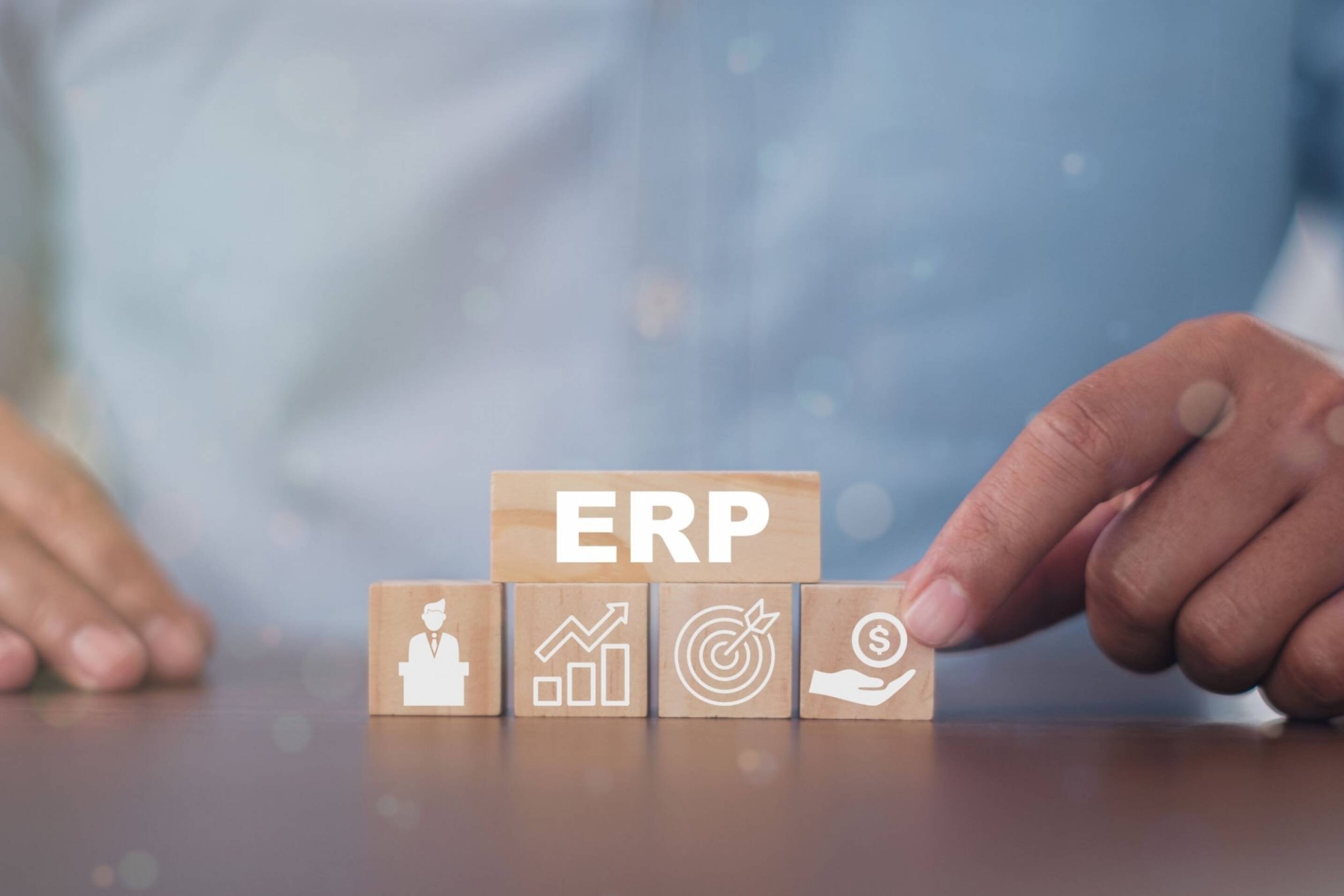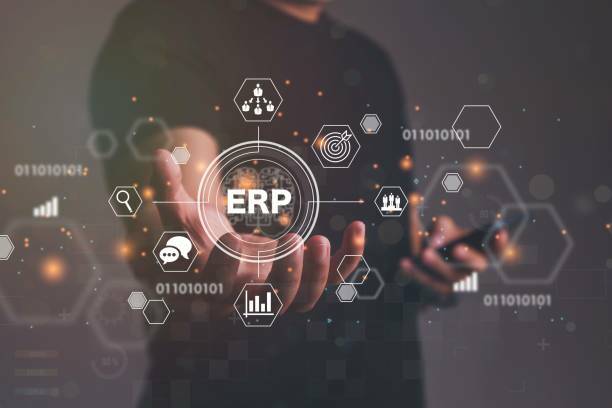PROTECTION OF PERSONAL DATA
INTERNET SITE COOKIE POLICY
Your personal data; Protecting the privacy of visitors to the website (www.domain.com) operated by the Company Name (it will be referred to as "COMPANY" or "Company Name") as the data controller is one of the leading principles of our Institution. This Cookie Usage Policy (“Policy”) explains to all our website visitors and users which type of cookies are used and under what conditions.
Cookies are small text files that are stored on your device or network server by the websites you visit on your computer or mobile device.
It is generally used to provide you with a personalized experience while using the website you visit, to improve the services offered and to improve your experience, and can contribute to the ease of use when browsing a website. If you do not prefer the use of cookies, you can delete or block Cookies from your browser's settings. However, we would like to remind you that this may affect your use of our website. Unless you change your Cookie settings from your browser, we will assume that you accept the use of cookies on this site.
1. WHAT KIND OF DATA IS PROCESSED IN COOKIES?
Cookies on websites collect data about your browsing and usage preferences on the device you visit, depending on the type. This data includes information about the pages you access, the services and products you view, the language you prefer, and your other preferences.
2. WHAT IS A COOKIE AND WHAT ARE THE INTENDED USE?
Cookies are small text files that are stored on your device or network server via browsers by the websites you visit. These small text files containing your preferred language and other settings on the site help us remember your preferences the next time you visit the site and make improvements to our services to improve your experience on the site. So you can have a better and personalized usage experience on your next visit.
The main purposes of using cookies on our website are listed below:
- Improving the services offered to you by increasing the functionality and performance of the website,
- Improving the Website and providing new features on the Website and personalizing the features offered according to your preferences;
- To ensure the legal and commercial security of the Website, you and the Institution, to prevent fraudulent transactions on the Site;
- Fulfilling its legal and contractual obligations, especially those arising from the Law No. 5651 on the Regulation of Broadcasts Made on the Internet and Combating Crimes Committed Through These Broadcasts, and the Regulation on the Procedures and Principles Regarding the Regulation of Broadcasts on the Internet.
TYPES OF COOKIES USED ON OUR 3.INTERNET SITE
3.1.Session Cookies
Session cookies ensure that the website functions properly during your visit. They are used for purposes such as ensuring the security and continuity of our sites and your visit. Session cookies are temporary cookies, they are deleted when you close your browser and come back to our site, they are not permanent.
3.2.Persistent Cookies
This type of cookies are used to remember your preferences and are stored on your device through browsers. Persistent cookies remain hidden even after you visit our site, close your browser or restart your computer. These cookies are kept in subfolders of your browser until they are deleted from your browser's settings.
Some types of persistent cookies; It can be used to provide you with special suggestions, taking into account issues such as the purpose of your use of the Website.
In case you visit our website again with the same device thanks to persistent cookies, it is checked whether there is a cookie created by our website on your device, and if there is, it is understood that you have visited the site before and the content to be sent to you is determined accordingly, thus providing you with a better service. service is provided.
3.3.Mandatory/Technical Cookies
They are mandatory cookies for the website you are visiting to function properly. The purpose of such cookies is to provide the necessary service by making the site work. For example, it allows to access the secure parts of the website, use its features, and navigate on it.
3.4.Analytical Cookies
They collect information about the usage pattern of the website, frequency and number of visits, and show how visitors get to the site. The purpose of using these types of cookies is to improve performance and determine the general trend direction by improving the functioning of the site. They do not contain data that can identify visitor identities. For example, they show the number of error messages shown or the most visited pages.
3.5.Functional/Functional Cookies
Saves the choices made by the visitor on the site and remembers them on the next visit. The purpose of such cookies is to provide ease of use to visitors. For example, it prevents the site user from re-entering the user password on each page they visit.
3.6. Targeting/Advertising Cookies
They measure the effectiveness of advertisements served to visitors and calculate the number of times the advertisements are viewed. The purpose of such cookies is to serve advertisements customized to the interests of visitors.
Likewise, they ensure that visitors' interests are identified and appropriate content is presented specifically to their browsing. For example, it prevents the advertisement shown to the visitor from being shown again in a short time.
4.HOW TO MANAGE COOKIE PREFERENCES
To change your preferences for the use of cookies, or to block or delete cookies, simply change your browser settings.
Many browsers give you the option of accepting or rejecting cookies, accepting only certain types of cookies, or being alerted by the browser when a website requests to store cookies on your device so you can control cookies.
It is also possible to delete cookies previously saved in your browser.
If you disable or refuse cookies, you may need to set some preferences manually, some features and services on the website may not work properly because we cannot recognize and associate your account. You can change your browser's settings by clicking the relevant link in the table below.
IMPLEMENTATION OF THE 5. WEBSITE PRIVACY POLICY
Website Privacy Policy is dated ................. In case of renewal of all or certain articles of the Policy, the effective date of the Policy will be updated. The Privacy Policy is published on the Institution's website (www.domain.com) and made available to the relevant persons upon the request of personal data owners.
Company Name
Address: Neighborhood Name Street Name. No: 1/A, 34444 District Name/Province Name
Phone: +90 216 555 55 55
E – Mail: mail@domain.com
Web Address: www.domain.com













